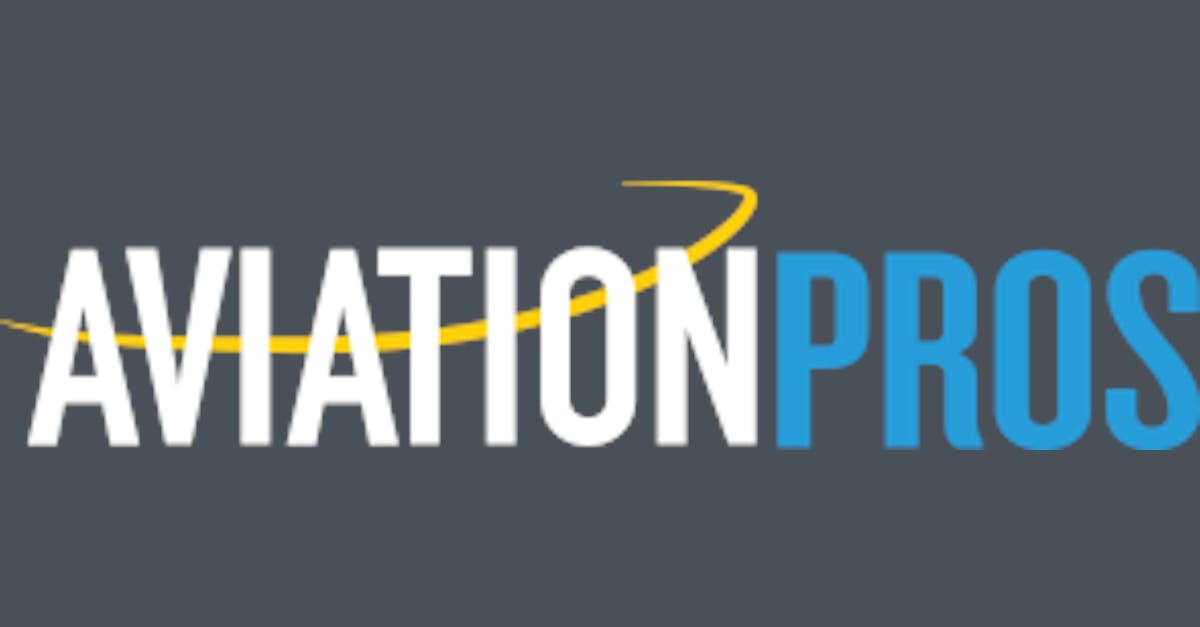Minnesota SAF Hub Leads the Way in Sustainable Aviation Fuels Innovation
Key Ideas
- The Minnesota SAF Hub successfully delivered the first 7,000-gallon shipment of winter camelina-based SAF to Minneapolis-St. Paul International Airport for a Delta Air Lines flight.
- Cargill collaborated with growers in Minnesota and North Dakota to produce the camelina used for the SAF, showcasing a sustainable feedstock supply chain.
- Minnesota's focus on the entire SAF value chain, including plans for local blending facilities and SAF production at ethanol plants, highlights the state's commitment to decarbonization.
- State leaders and organizations emphasize the job creation, agricultural innovation, and climate impact of Minnesota's SAF initiatives, positioning the state as a global leader in combating climate change.
The Minnesota SAF Hub achieved a significant milestone with the delivery of the first 7,000-gallon shipment of sustainable aviation fuel (SAF) made from winter camelina to Minneapolis-St. Paul International Airport. Delta Air Lines designated flight DL 2732 from Minneapolis to New York as the symbolic first flight fueled in part by this locally-produced SAF. The winter camelina plant, known for its oil-rich seeds, was cultivated by Minnesota and North Dakota growers in collaboration with Cargill. The harvested camelina was processed, refined, and blended into SAF, which was then sold to Delta for the designated flight.
The SAF Hub's comprehensive approach to the entire value chain, from feedstock production to blending and distribution, underscores the commitment to sustainability and innovation in the aviation industry. Plans for local blending facilities and future SAF production at ethanol plants demonstrate Minnesota's proactive stance on decarbonization and job creation in the sustainable aviation sector. The state's rich agricultural landscape and supportive programs enable exploration of various feedstocks, including winter camelina, positioning Minnesota as a leader in developing sustainable solutions for climate change.
Key stakeholders, including GREATER MSP Partnership, Lieutenant Governor Peggy Flanagan, and the Metropolitan Airports Commission, expressed optimism about Minnesota's role in driving the SAF industry forward. They highlighted the economic opportunities, environmental benefits, and global leadership potential of Minnesota's SAF initiatives. The state's emphasis on bold initiatives and collaboration within the aviation industry reflects a shared commitment to reducing emissions and building a sustainable future. Minnesota's ambition to export innovative solutions globally underscores its vision to address climate change on a broader scale.
